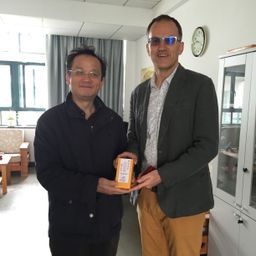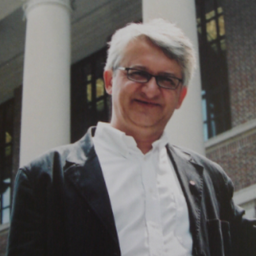Borders of Heritage | Frontières du Patrimoine
My Session Status
Sub Sessions
Borders—political, institutional and cultural—have been central to the internationalization of heritage in the modern era. The concepts of heritage diplomacy and the border represent fertile analytical grounds for considering how the conservation and governance of heritage has been made and re-made in particular ways. Thinking through borders helps us to interpret why certain knowledge practices prevail, why heritage figures within diplomatic relations, or where and when cooperation either...
This paper will question whether memorial culture and battlefield tourism in the Benelux-German borderlands, and more specifically in the Ardennes, have succeeded in challenging our concept of heritage, or if they have instead reconfirmed the solidity of national borders. “Battlefield tourism” began in the borderlands of Belgium and Northern France before the First World War had even ended. During the interwar years, “pilgrims” from around the world visited the cemeteries, memorials, and s...
This paper will provide the conceptual introduction to the panel, drawing on results and reflections stemming from a six-year project on “Frontières du Patrimoine: Circulation des savoirs, des objets et oeuvres d’art,” directed by Nabila Oulebsir, Dominque Poulot, Astrid Swenson and Laurier Turgeon, funded by the Centre interdisciplinaire d’études et de recherches sur l’Allemagne (CIERA) and organized by the Centre Georg Simmel (UMR 8131, CNRS-EHESS), in partnership with Université de Poit...
This paper will analyze the effect of shifting borders on European heritage concepts by looking at the physical and imaginary transformations of crusader sites since the beginning of the modern colonization of the Mediterranean. The paper will, in particular, examine the changing interpretations surrounding the Crac des Chevaliers in Syria, the crusader cities of Acco in Israel, the city of Rhodes in Greece, the city of Nicosia in Cyprus and the city of Valetta in Malta. Since Napoleon evi...
This paper aims to study the relationship between food consumption and the construction of place, more specifically, on how the consumption of home-grown agricultural products in Quebec transforms territories into places of heritage. It also intends to shed light on the tensions between the global and the local in the area of food production and contribute to the study of what Arjun Apadurai has tagged “the production of locality”. This transformative process is accomplished, first, by the sy...




